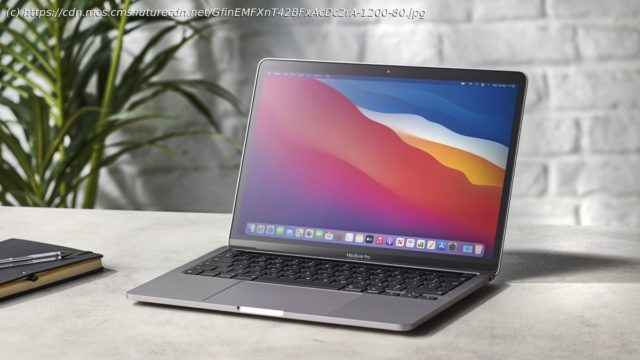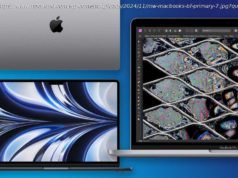Ahead of Apple’s March 2022 event, let’s take a moment to temper some expectations about its rumored M2 processor.
When Apple launched the MacBook Air and 13-inch MacBook Pro powered by the M1 chip in November 2020, it was during a transition period for Intel. The 10th and 11th-generation Intel processors for laptops were a bit stagnant, as performance had basically stalled, and AMD was catching up. However, the Apple M1 totally rocked the boat, and took the performance lead pretty much across the board when it came to the best laptops. But a lot has changed in the year and a half since then, and Apple isn’t the only tech titan that’s managed to make the ARM-inspired big. LITTLE design actually work for real computers. Intel Alder Lake is incredible, and now that the P- and U-series chips are on their way to market in thin-and-light designs like the Dell XPS 13 Plus, Apple is going to need to push a bit harder. With Apple’s event tomorrow, it’s likely we’ll see several devices, and a new piece of Apple silicon could take center stage, powering Apple’s 2022 consumer catalog. But while the M1 was basically able to charge in and take over the world of laptops, the M2 would have to challenge the best processors either AMD or Intel have put in mobile devices in years. Before I go any further, it’s important to note that when it comes to the silicon that gets shoved into a laptop, the way the system as a whole performs is much more important than the capabilities of a single chip. Because at the end of the day, we can benchmark and benchmark mobile processors, but it’s not like you’re going to be able to buy one and slot it into an existing system – so the chip’s individual capabilities are a bit less important than they may seem. Apple addresses this in its systems by making the M1 as a System-on-a-Chip (SoC) design. That means the CPU, GPU, memory and storage are all essentially smaller pieces of one big chip. Most PCs, on the other hand, have discrete components attached to a motherboard, and the CPU is usually just a CPU. This has shifted a bit in recent years, but it gives laptop manufacturers much more flexibility in what’s included in each laptop, and allows these companies to build devices that are purpose-built for specific workloads.






